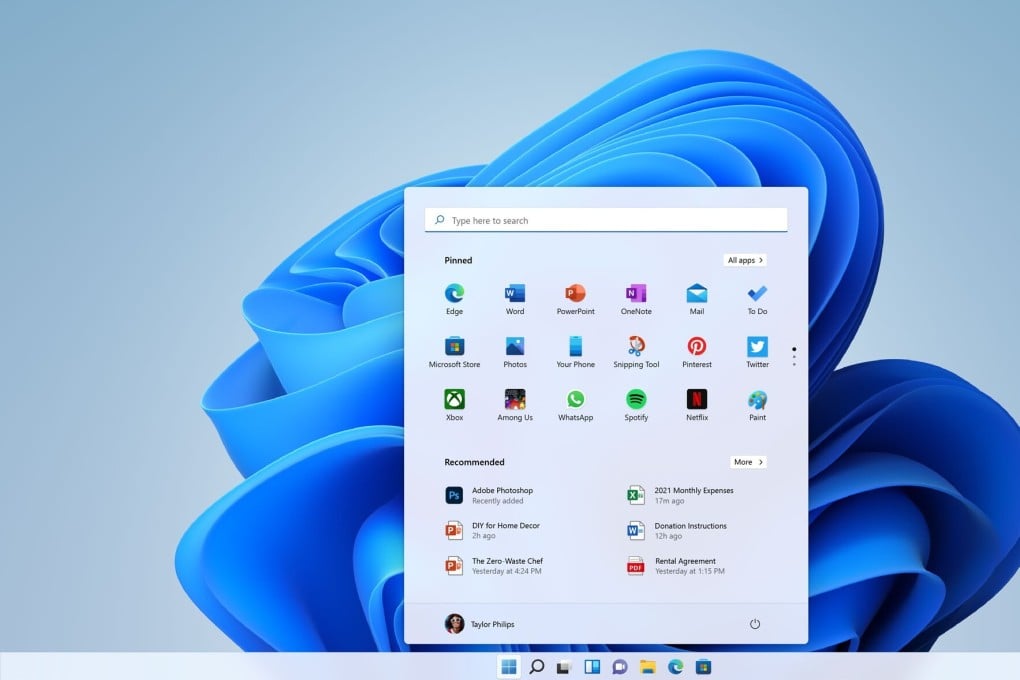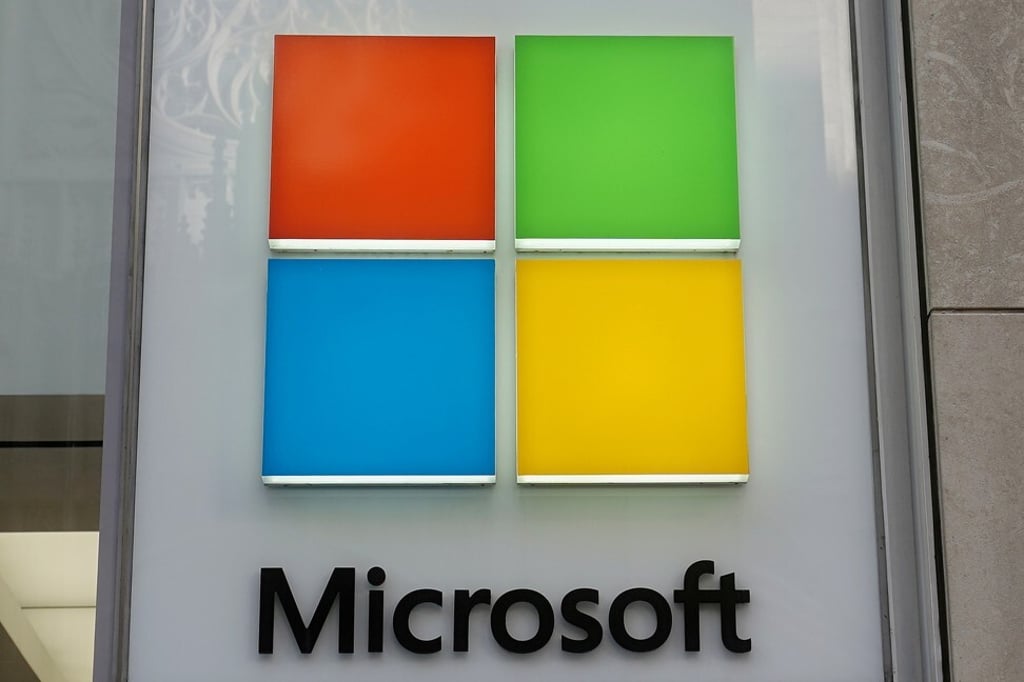With Windows 11, Microsoft touts a more open platform but relies on a familiar business model
- Microsoft is billing Windows 11 as a more open platform for creators and businesses, but bundled software is reminiscent of an earlier era
- The company is emphasising openness as Big Tech rivals Amazon, Apple, Google and Facebook remain the focus of increased antitrust scrutiny in Washington

In criticising competitors in these cases, Microsoft has held up its own behaviour as a contrast – and the new Windows ups the ante. The company’s new Windows Store will let app developers use their own commerce platform, meaning they’ll pay Microsoft no fee, where Apple requires use of its tools and levies a 30 per cent commission on any app that made more than US$1 million in the past year. The new PC operating system also builds in graphical widgets that pull news from the web, with an initial focus on local news providers, and will give readers the option to tip the publication or author for their content.
“Windows isn’t just an operating system – it’s a platform for platform creators. It allows for the brightest of design spaces enabling people to build their own businesses and communities,” said Microsoft chief executive Officer Satya Nadella at the Windows virtual event. “Today the world needs a more open platform, one that allows apps to become platforms in their own right.”

Even as they announced Teams would be built into the new Windows – creating a captive audience of millions of PC users that might otherwise have skipped the product – Microsoft executives on Thursday mentioned their desire to make Windows an open platform multiple times. The framing of Windows 11 is set against the backdrop of increased antitrust activity in the US, including a series of proposed bills introduced in Congress that aim to regulate Apple, Google, Facebook and Amazon – but are murky on whether Microsoft would be covered, too. In the current regulatory climate, the release of a product as significant as Windows, and with as much market share, has to be viewed through the lens of potential antitrust implications.